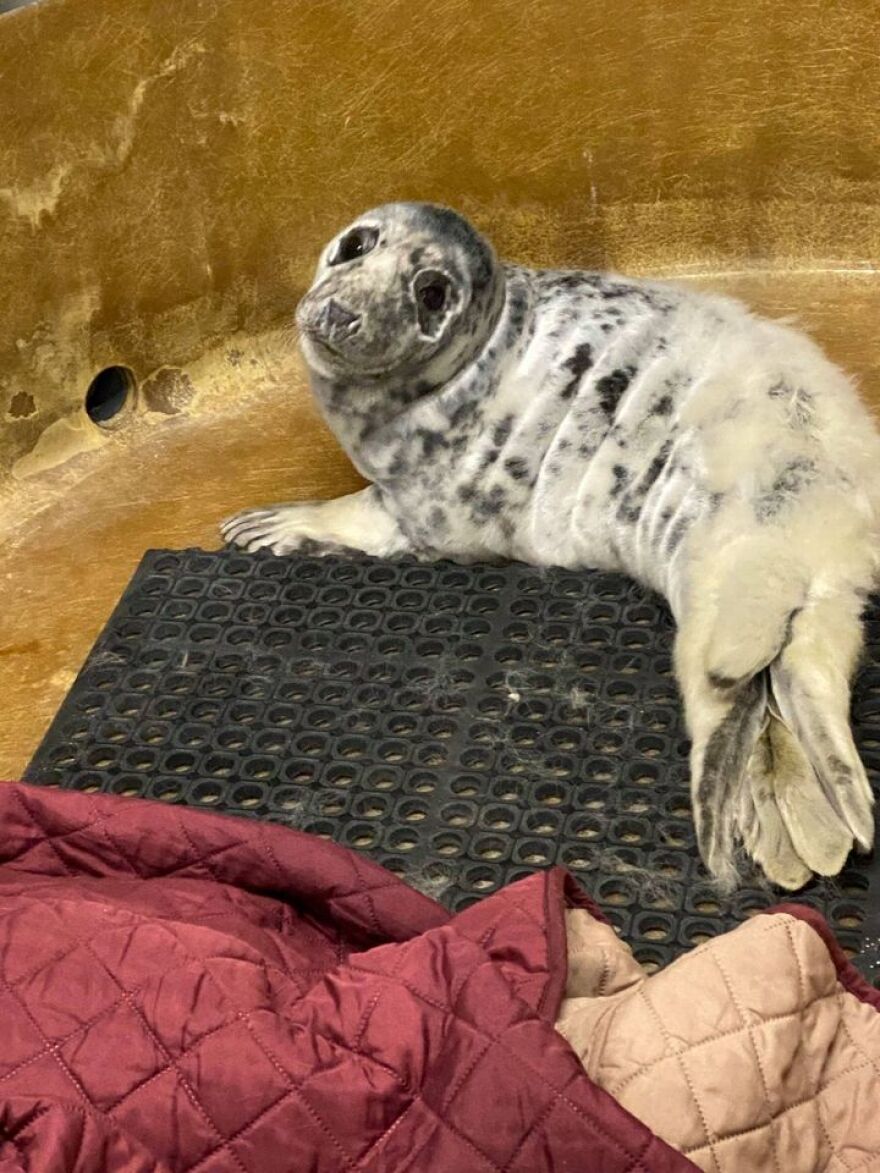Warmer weather has brought a seal colony to Delaware.
Officials with the Marine, Education, Research and Rehabilitation (MERR) Institute say Delawareans may see more seals on First State beaches.
That’s because a seasonal colony of grey and harbor seals formed in Sussex County and is having babies.
“So the seals are coming down from the north from New England and other northern areas and they’ve spent the winter in this location - off (the coast) of Lewes,” said Suzanne Thurman - the executive director of MERR.
Thurman notes there are an estimated 50 to 100 seals in this colony, and MERR is keeping an eye on the trend of seals setting up shop on the First State coast and what it means.
"The thing that has piqued our interest is that over the last few years, pups have started to be born here," said Thurman. "So baby seal pups are actually being born here versus being born on the pupping colony’s in New England and then kind of finding their way south and just visiting us for a few weeks.”
Thurman notes as the water temperature rise, the pups should start to leave Delaware’s coastline; the ocean temperature is currently an estimated 47 degrees, which Thurman says is already too warm for seals.
MERR suggests people stay at least 150 feet away from any seal or a pup on the beach and call its stranding hotline at (302) 228-5029.
Thurman also wants the public to know that two seals rescued from area beaches recently, Eloise - formerly named Cupid - and Stuart Little are continuing to do well at the Baltimore Aquarium and should soon be well enough to be re-released back into the ocean.



